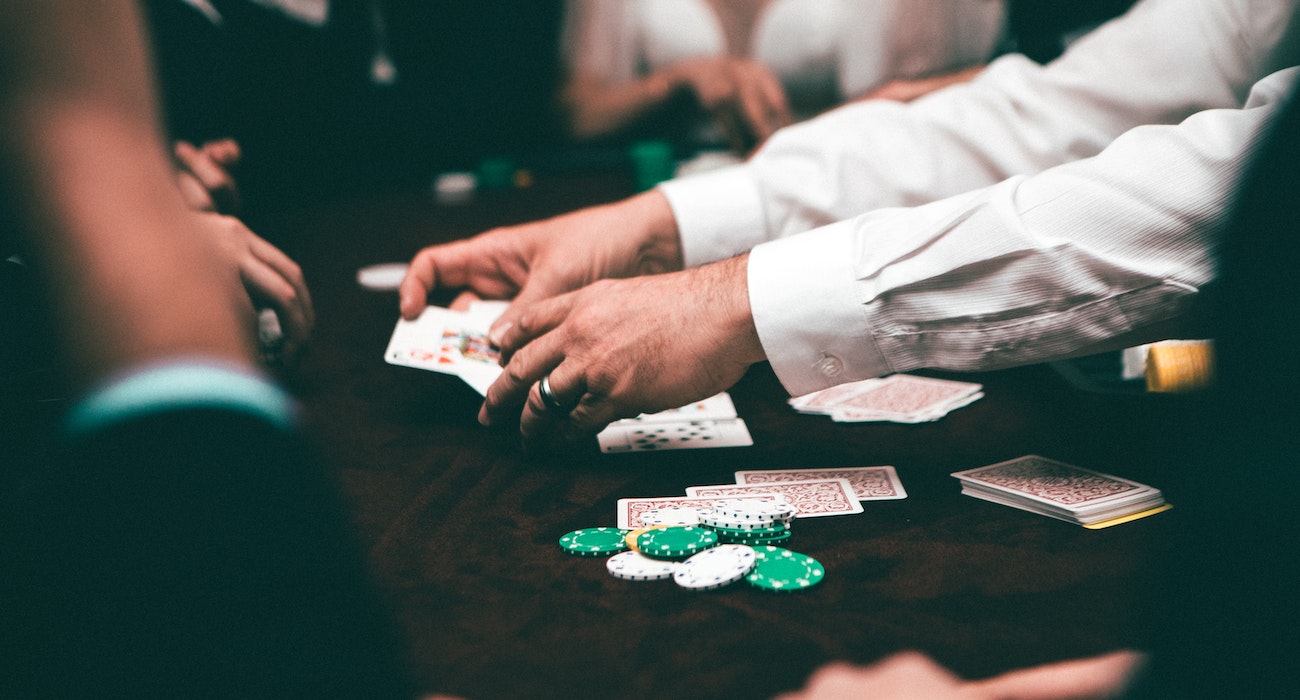Introduction
Gambling is popular for a variety of reasons, including the exhilaration it provides, the chance to win cash, networking, or stress relief. However, gambling can become an unhealthy addiction for certain people. You may have a problem if you start borrowing money, borrowing more than you can afford to lose, or if gambling causes you stress and anxiety. Help is available if you wish to stop playing the lottery. You can try self-help techniques, seek treatment, and join support groups. Gambling write for us category is where you can share your thoughts with us.
Gambling and Mental Health
Like drugs or alcohol, gambling can turn into an addiction if you use it obsessively or feel out of control. The area of our brain that releases dopamine may be impacted by gambling. a hormone that makes people feel good and is responsible for pleasure and reward. Our brains provide us with an emotional reward when we win a wager. If you develop a gambling addiction, you might stop feeling good after engaging in other enjoyable activities. To receive the same buzz, you will gamble in place of that. The good news is that you can get your brain's chemistry back to normal. Life might feel enjoyable again on a daily basis.
Despite the potential harm, a gambling addiction is typified by a persistent drive to bet. Relationship and professional issues can arise from problem gambling, which can also be very expensive to support. If you require gambling assistance, you may discover that even when you win big sums of money, you continue to place wagers until your bankroll is depleted. Recently, gaming websites have increased gambling accessibility, posing a dilemma for problem gamblers who can play 24/7.
If you are concerned about how gambling is affecting your mental health, talk to your doctor. Similar to other addictions, gambling can be treated frequently through cognitive behavioural therapy (CBT). If you have a gambling issue, you probably approach gambling differently than other people do. You might think, for instance, that you have a higher chance of winning than you actually do, that doing certain rituals will make you lucky, or that increasing your gambling will help you recover any losses. These betting-related beliefs, as well as how you feel and act when you want to gamble, will be examined by CBT.
Ensure that everyone is relaxed and safe, and that any conversations you have are secret. It may seem intimidating to stage an intervention at first, but it's crucial to let the person know that you believe they are gambling excessively and that you are aware of how it is harming their loved ones. Also, let them know how much you value them.
The Bottom Line
There are some signs of gambling addiction that you may watch out for, even though it is sometimes known as the "hidden illness" because the visible symptoms are not as obvious in a person with a drug or alcohol addiction. Someone can seem more agitated, furious, or tense than usual. Additionally, you can notice a change in their mental state, such as increased anxiety or depression or a sleep condition like sleeplessness.


.jpg)



0 Comments